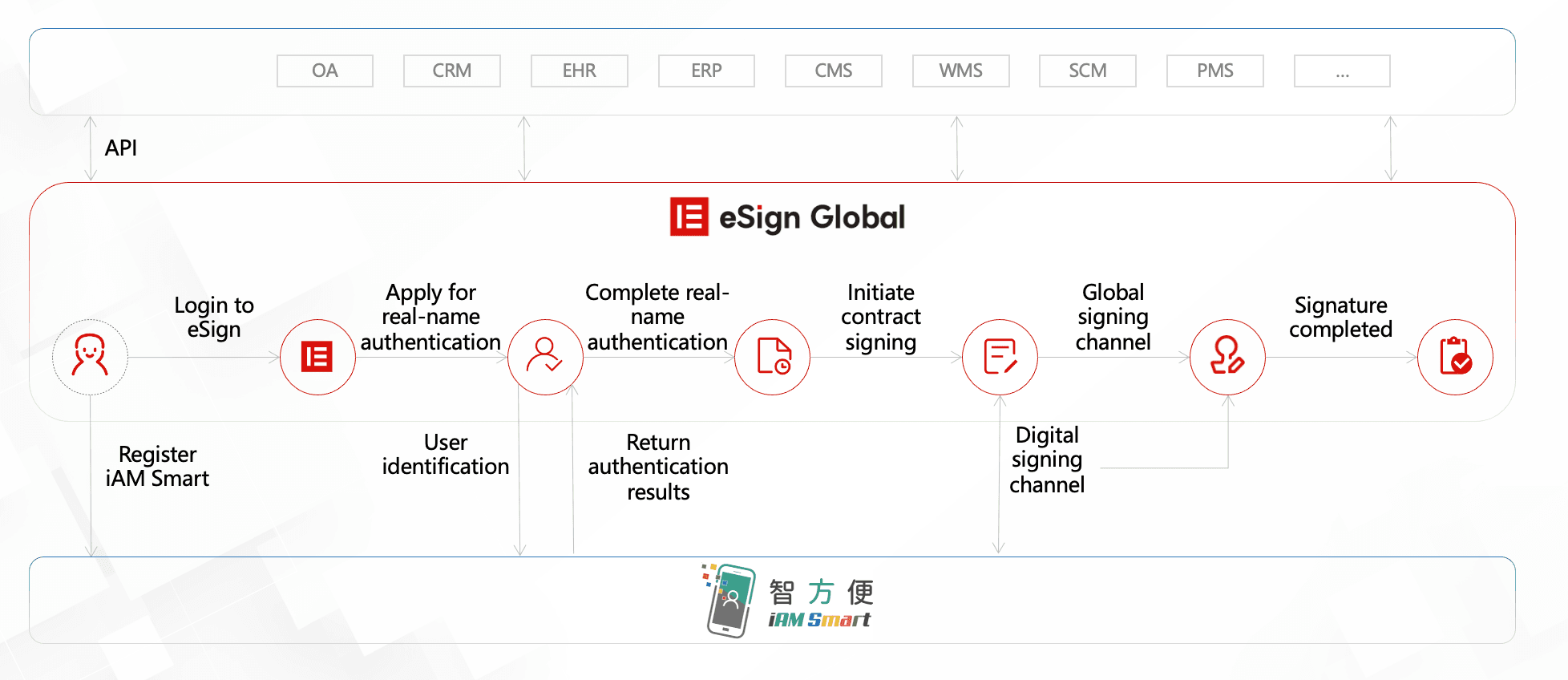How can I check my DSC certificate?





How Can I Check My DSC Certificate?
In today’s digital-first world, the concept of identity verification and online document signing has become more widespread and standardized. One essential component of this digital trend is the Digital Signature Certificate (DSC). Whether filing taxes, applying for government tenders, or digitally signing official paperwork, a DSC plays a critical role in ensuring authenticity and security.
But a common question among users, especially those interacting frequently with online legal or financial platforms, is: “How can I check my DSC certificate?” This article will guide you through the process of verifying and validating your DSC, including its legal context in local jurisdictions, such as Hong Kong and Southeast Asia.
What is a Digital Signature Certificate (DSC)?
A Digital Signature Certificate (DSC) is an encrypted digital key issued by Certifying Authorities (CAs) to verify and authenticate an individual’s or organization’s identity. The certificate contains details such as the user’s public key, name, email, and the issuing authority’s digital signature, as well as the certificate’s validity dates.
These certificates are especially vital in jurisdictions governed by electronic transaction regulations such as Hong Kong’s Electronic Transactions Ordinance (Cap. 553), Malaysia’s Digital Signature Act 1997, and Singapore’s Electronic Transactions Act (Cap. 88). Ensuring your DSC is valid and correctly installed is crucial for its effective use across all legally binding interactions.
Why Should You Check Your DSC Certificate?
Verifying your DSC avoids unnecessary disruptions in digital workflows and maintains the legal enforceability of your actions. Here are several reasons to check your DSC regularly:
- Expiry Check: DSCs have a validity period (usually 1-3 years), after which they expire.
- Certificate Errors: Corruption or improper installation can interfere with accessing secure sites or signing documents.
- Compliance: In regional legal systems, using a revoked or expired certificate may render signatures legally invalid.
Methods to Check Your DSC Certificate
There are several ways you can check your DSC, depending on whether it is installed in your system or stored on a token (USB drive).
1. Using Your Windows Operating System
If your DSC is installed on your local workstation:
- Open Run Dialog: Press Win + R and type
certmgr.msc. - Browse to Personal > Certificates: This opens a list of all personal certificates installed.
- Look for the certificate issued by your Certifying Authority (e.g. eMudhra, Sify Technologies, etc.).
- Double-click the certificate to view details like Validity Dates, Subject Name, Issuer, and Certification Path.
This method is helpful if your organization uses Windows environments for compliance checks and document processing.

2. Checking Using Government Authorized Portals
For countries like India, you can validate your DSC using official portals such as the Controller of Certifying Authorities (CCA) or the Income Tax Department:
- Visit the official DSC verification site of your country.
- Select “Verify DSC” or a similar option.
- Insert your USB token with the DSC.
- Follow on-screen instructions to select and view your certificate.
This type of check shows whether the DSC is active or revoked and ensures you’re complying with national standards such as the Information Technology Act of 2000 (India).
3. Using Middleware Software
Most DSCs require proprietary software provided by the Certifying Authority. This middleware or DSC signer software (like ePass 2003, ProxKey, etc.) allows users to view certificate info from the token device. Steps may include:
- Plug in your token.
- Open the associated software.
- Navigate to “Certificate Information” or equivalent.
- Check Issuer CA name, Expiry Date, Serial Number, and Cert Status (Active or Expired).
Middleware is crucial for organizations involved in large-scale electronic tendering, where tokens are standard for bid submissions.

Verifying Signature Validity in PDF Files
If you’re unsure whether a document signed using your DSC is valid, simply open the PDF in Adobe Acrobat Reader. Then:
- Click on the Signature Panel (usually top right).
- Check the signer’s certificate status.
- If the signature is valid, Acrobat will display a green checkmark.
- If there are issues (expired, revoked, etc.), it will be flagged in red or yellow with specific error messages.
This is often used in financial and legal documentation to ensure traceability and enforceability across international agreements.
Understanding DSC Compatibility in SE Asia and Hong Kong
While DSCs are globally recognized, each country has its distinct regulatory framework. For example:
- Hong Kong: Under the Cap. 553 ordinance, a certificate must be issued by a recognized Certification Authority to gain legal acceptance.
- Singapore: According to the Electronic Transactions Act, digital signatures must comply with generally accepted security procedures.
- Malaysia: The Digital Signature Act mandates that CAs must be licensed by the Malaysian Communications and Multimedia Commission (MCMC).
Moreover, some government forms or e-services will confirm authenticity only against local certificates, so users must ensure jurisdictional compliance.

Troubleshooting Common DSC Issues
Sometimes your DSC might not be recognized, even if installed. Here are fixes:
- Driver Issues: Update token drivers if the device isn’t detected.
- Expired Certificates: Renew from your issuing CA.
- Browser Compatibility: Some portals require older browsers (like Internet Explorer) or specific Java versions.
If these issues persist, contacting your CA support or consulting with a corporate compliance team is recommended.
A Word on e-Signature Platforms: What’s the Alternative?
While token-based DSCs are commonly used in India and some other jurisdictions, many regions—especially Hong Kong, Singapore, and wider SE Asia—are shifting toward cloud-based e-signature platforms.
Solutions like Docusign and its regional alternates provide cloud-based digital certificates compliant with regional laws and regulations. These platforms often offer:
- Seamless signature solutions via email/mobile.
- Integrated certificate verification.
- Compliance with regional acts ensuring enforceability.
Why eSignGlobal is a Trusted Alternative for Hong Kong and Southeast Asia
If you’re based in Hong Kong or Southeast Asia and need an alternative to traditional DSC, eSignGlobal offers a compliance-oriented platform suited for cross-border approvals and legal recognition. eSignGlobal delivers:
- Regionally accepted electronic signatures.
- Built-in timestamping and verification.
- Compliance with Cap. 553, ETA, and MCMC Acts.
For streamlined, legally binding signature workflows outside of India’s token-based DSC system, eSignGlobal is the ideal solution.


 Only business email allowed
Only business email allowed


